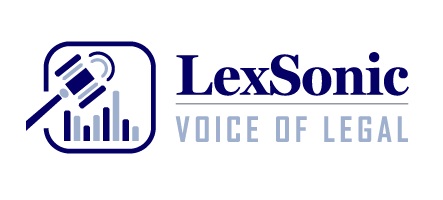An Interim Application filed by Ashim Kumar Bagchi against Balaji Telefilms Ltd. and others was dismissed with costs. The application, which sought an injunction to prevent the exploitation of the film "DREAM GIRL -2" was decided on August 6, 2025, by the High Court of Judicature at Bombay. The court, presided over by Justice R.I. Chagla, found no merit in the plaintiff's claims of copyright infringement and breach of confidence. The court awarded costs of Rs. 2 lakh (Rs. 1 lakh each) to Defendant Nos. 1 and 5, to be paid by the plaintiff within four weeks.
Plaintiff's Arguments:
The plaintiff, Ashim Kumar Bagchi, claimed that his literary work, a script titled "KAL KISNE DEKHA" (later re-registered as "THE SHOW MUST GO ON"), had been infringed upon by the defendants' film "DREAM GIRL -2". The plaintiff's script, registered with the former Film Writer's Association on May 25, 2007, under Registration No. 127297, was described as an original literary work and a comedy about a male protagonist who swaps gender to become a successful actress to overcome financial hardship.
The plaintiff alleged that the script was shared in confidence with Defendant No. 1 and Defendant No. 4 on several occasions between 2009 and 2013. The plaintiff also pointed to inconsistencies and a lack of a cogent explanation from the defendants regarding the creation of the "DREAM GIRL -2" script, suggesting that neither Defendant No. 4 nor Defendant No. 5 authored it in a meaningful sense. The plaintiff's counsel, Mr. Priyank Kapadia, argued that the defendants had used the plaintiff's work as a "springboard" to create their film, and that there was a "material similarity" between the two works.
Defendants' Arguments:
The defendants, represented by Mr. Rashmin Khandekar for Defendant No. 1 and Mr. Anand Mohan for Defendant No. 5, countered that the plaintiff's claim was based on unprotectable elements such as common themes, ideas, and concepts. They argued that copyright cannot subsist in the general idea of a gender disguise or financial hardship, and that the similarities alleged by the plaintiff were scenes a faire (stock situations or elements that are common to a particular genre). Mr. Khandekar cited prior works, such as the film "Mrs. Doubtfire," which also used gender disguise as a core theme, to demonstrate that the idea was not novel. The defendants also contended that the plaintiff's comparison of the two works was "piecemeal" and "misleading," which is contrary to settled law that requires assessing the works as a whole.
Mr. Mohan, on behalf of Defendant No. 5, stated that the plaintiff's script was never shared with his client. He further highlighted the plaintiff's shifting account of the script's origin, which he argued was dishonest and lacked credibility.
Court's Findings:
Justice Chagla, after reviewing the arguments and viewing the defendant's film, found that the plaintiff had failed to make a prima facie case for copyright infringement. The court determined that the "salient features" of the plaintiff's script, as described in the plaint, were unprotectable themes, concepts, and ideas. The court also found the plaintiff's comparison of the two works to be a "piecemeal / dissected / misleading comparison," which is not permissible under settled law.
The court further noted that the two works were "completely dissimilar" in their expression and treatment. For instance, the plaintiff's script revolved around the film industry, with the protagonist seeking a career as an actor, whereas the defendant's film was not about the film industry and the protagonist's motivation was to earn money to marry his girlfriend. The climaxes of the two works were also found to be entirely different.
Regarding the claim of breach of confidence, the court found that the plaintiff failed to satisfy the three key elements required: (1) identifying the confidential information with "precision and accuracy," (2) proving that the information was original and not in the public domain, and (3) showing actionable misuse of the information. The court concluded that the plaintiff's claim for breach of confidence could not be sustained. The Interim Application was therefore dismissed, and costs were imposed on the plaintiff for pursuing a "frivolous nature of the claim" and consuming significant court time.
Copyright Act, 1957

